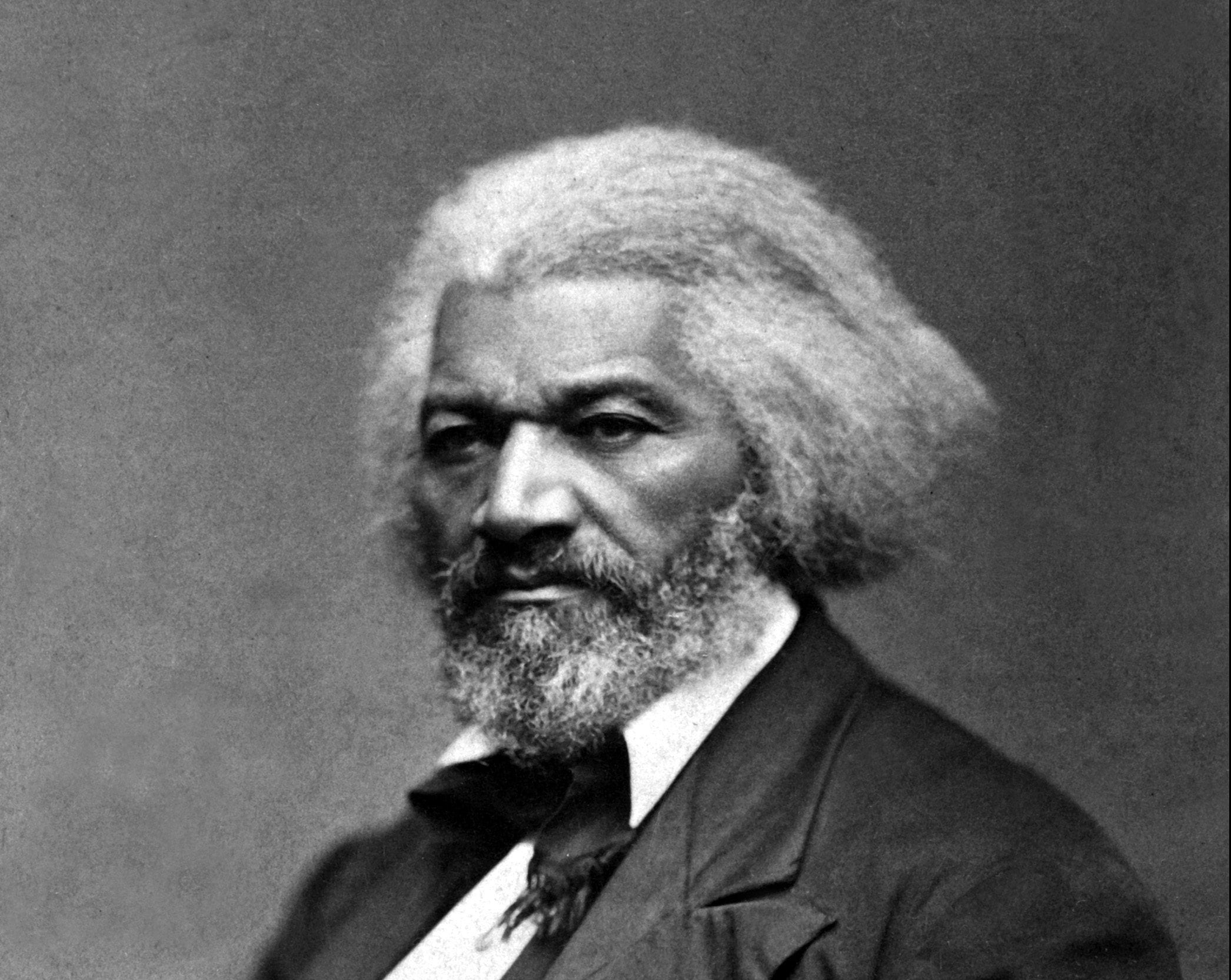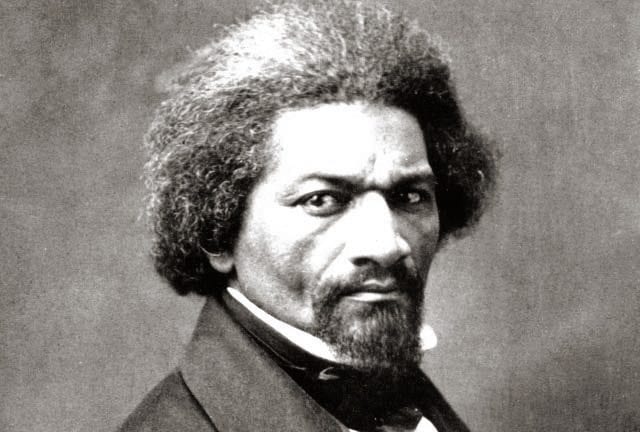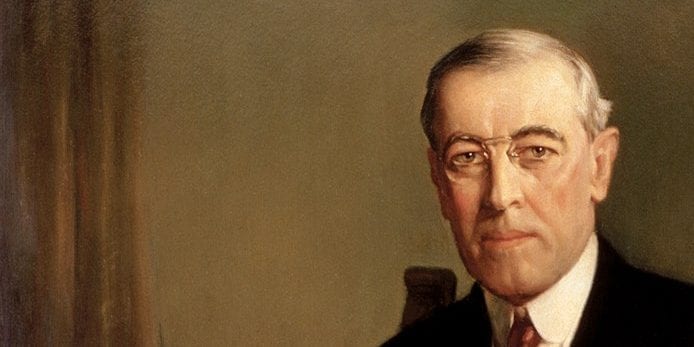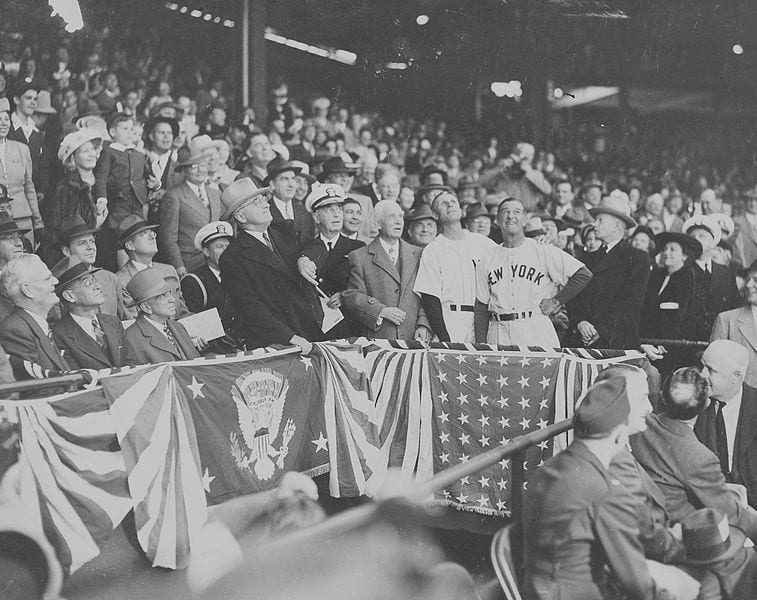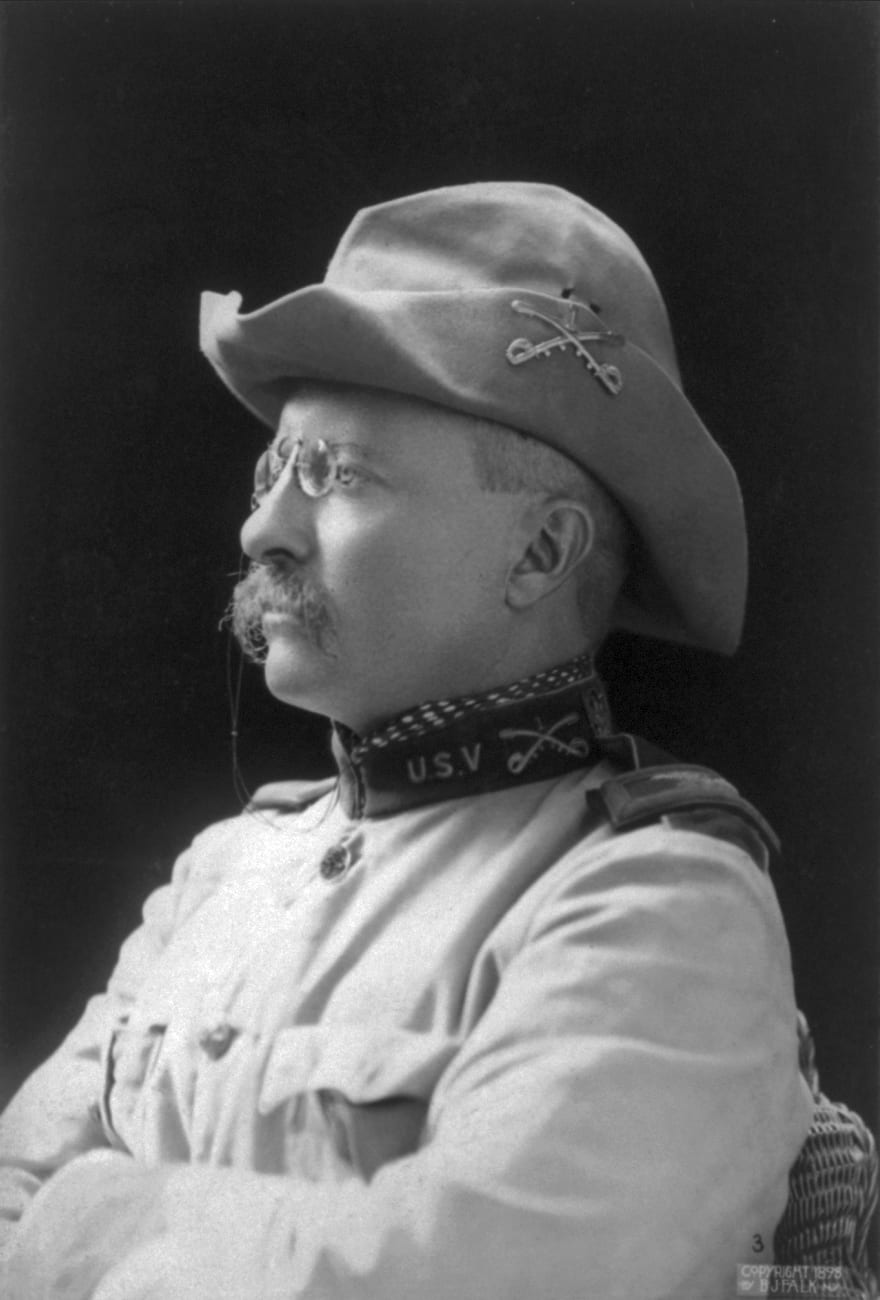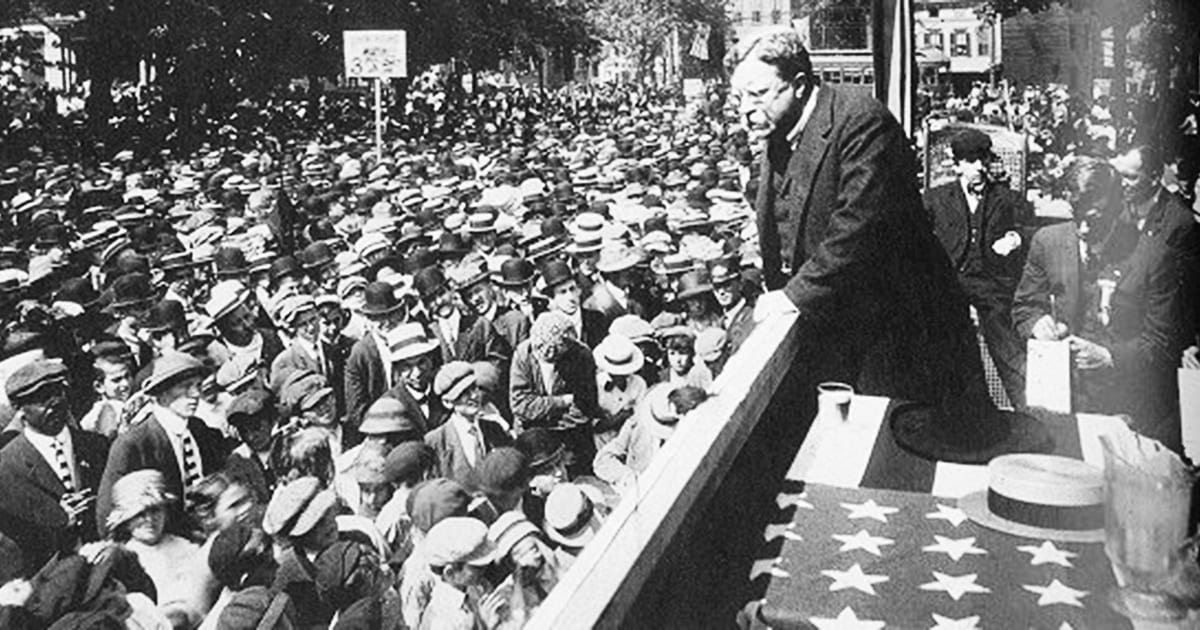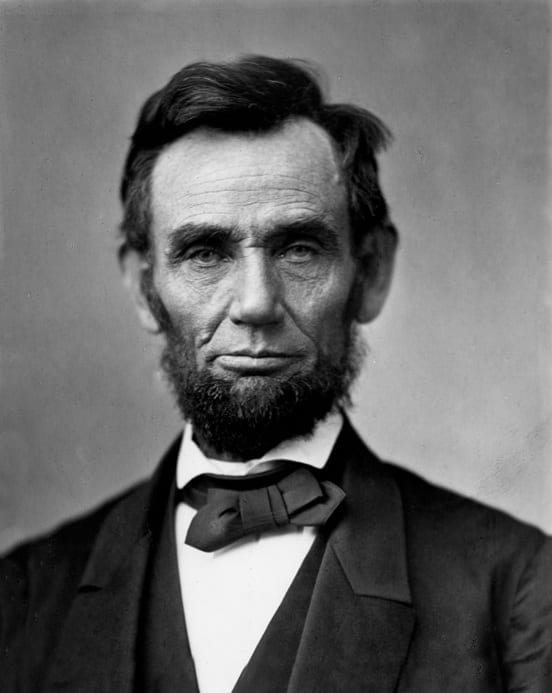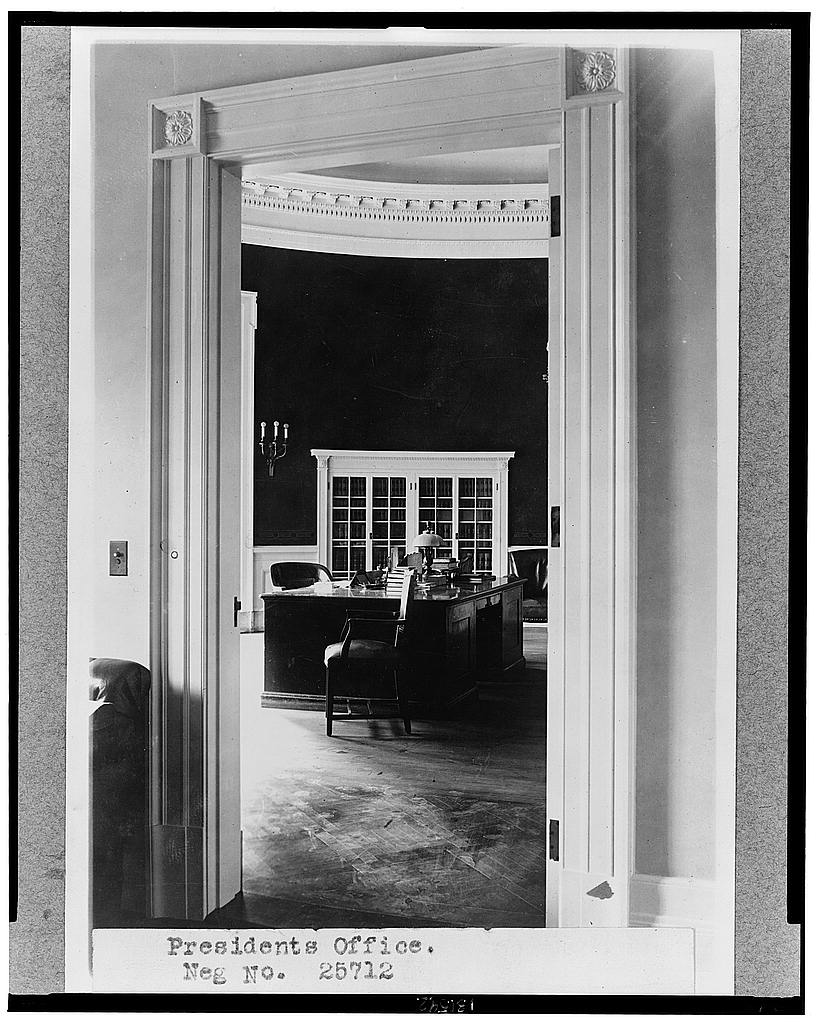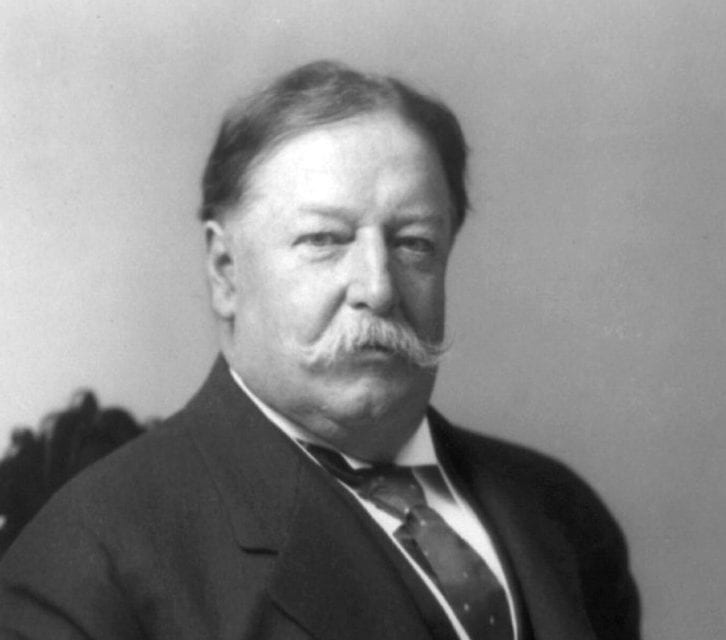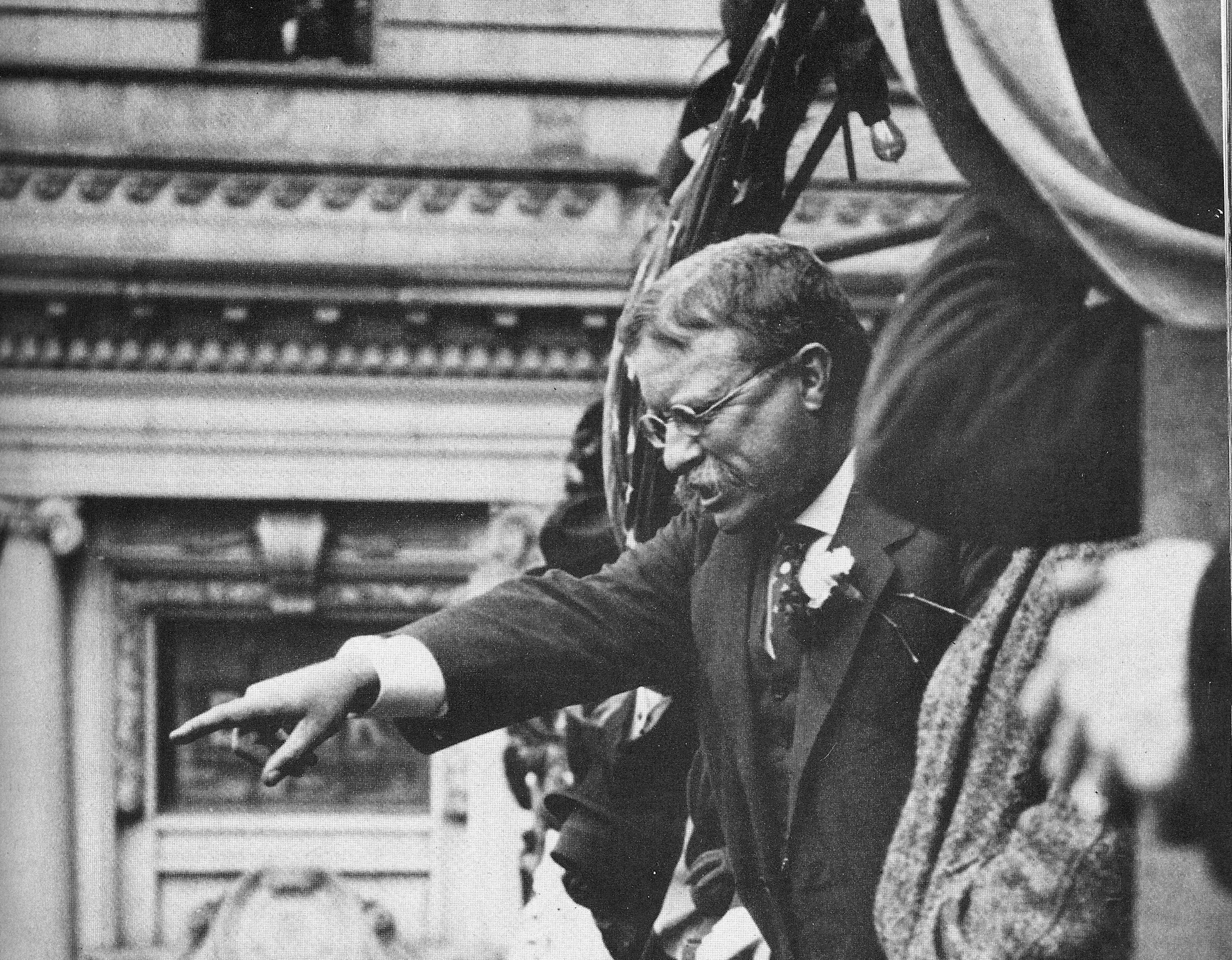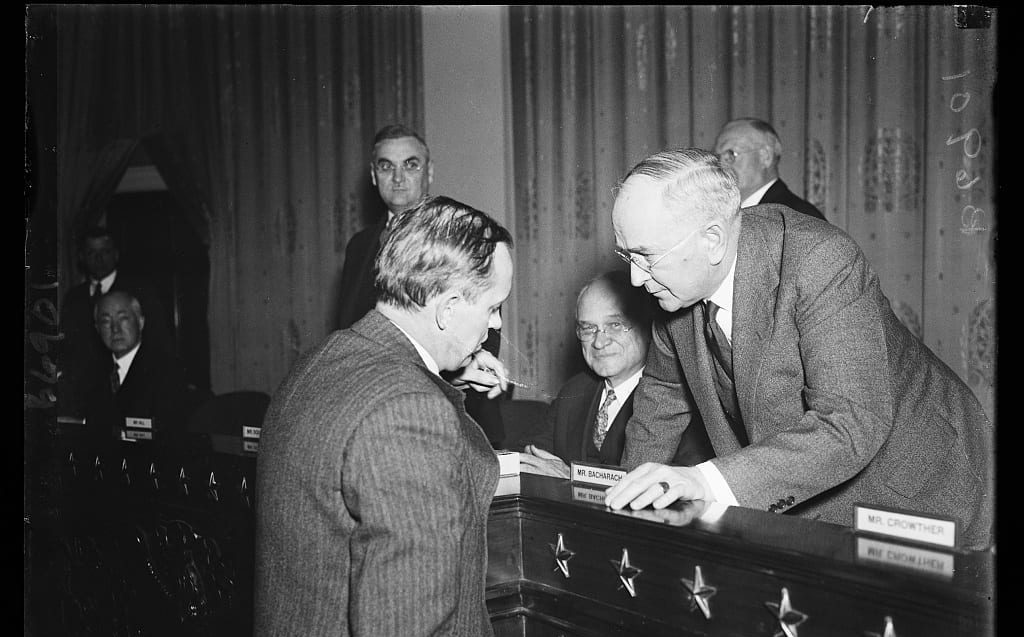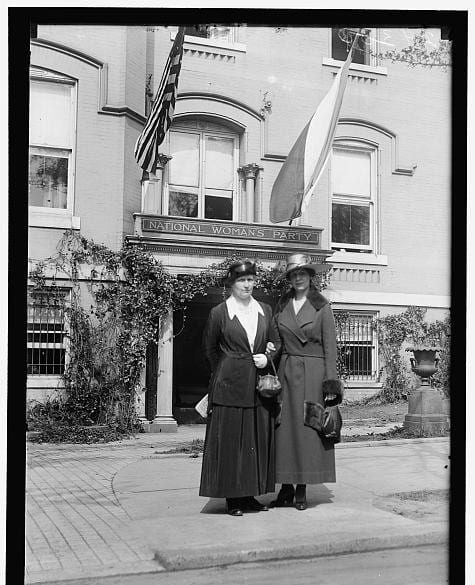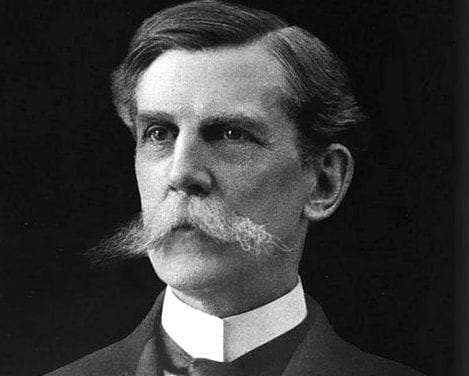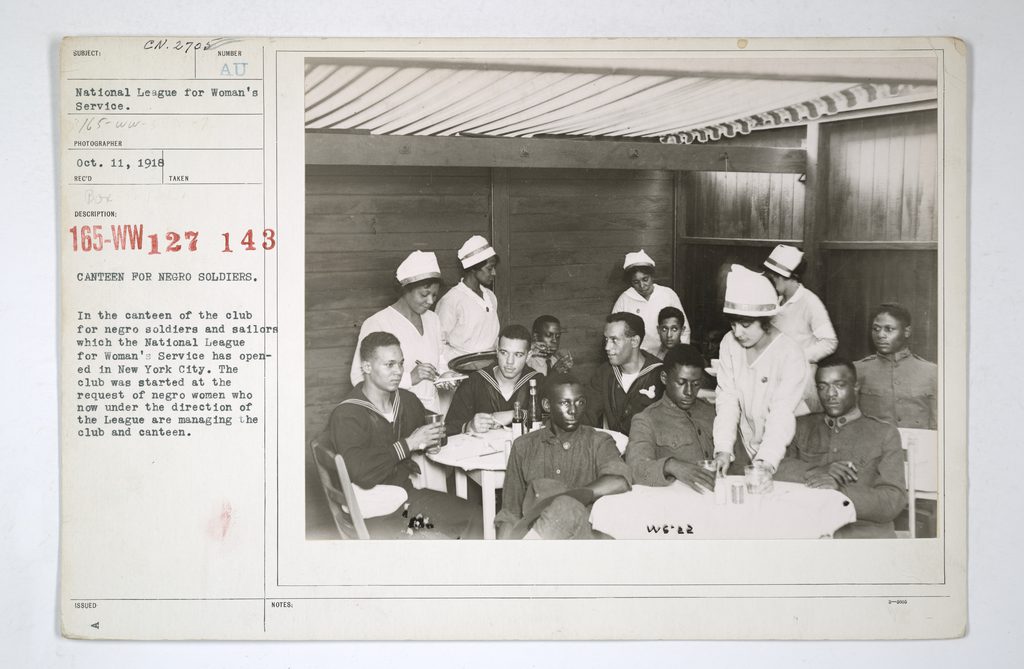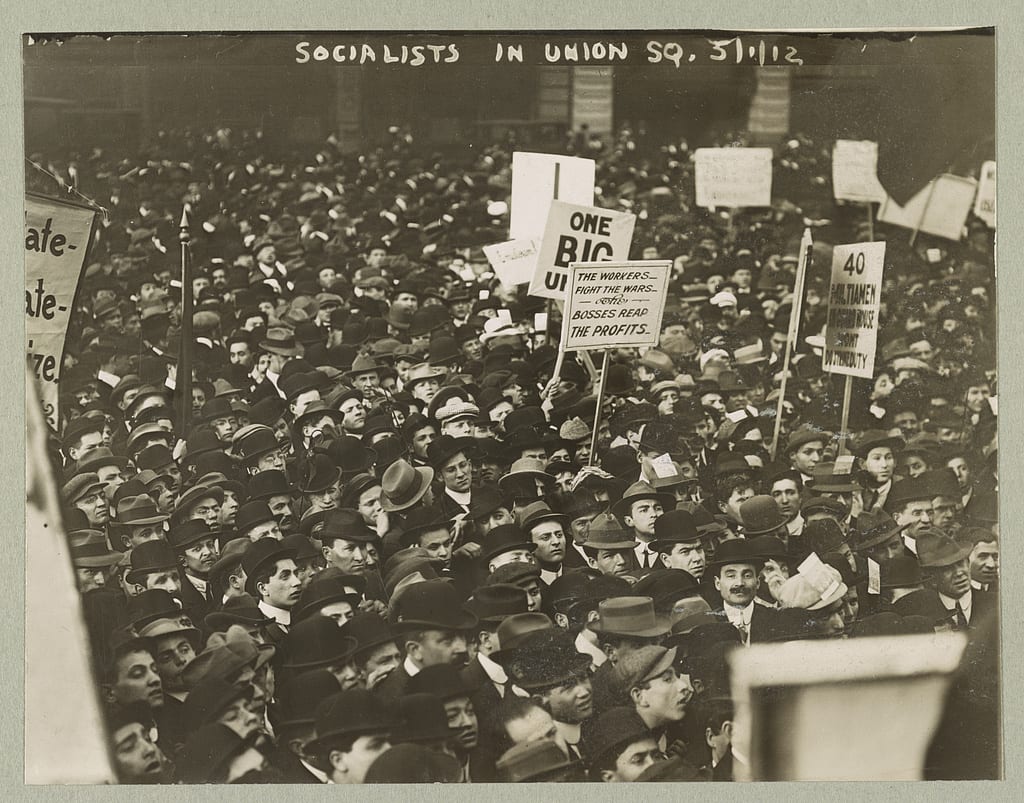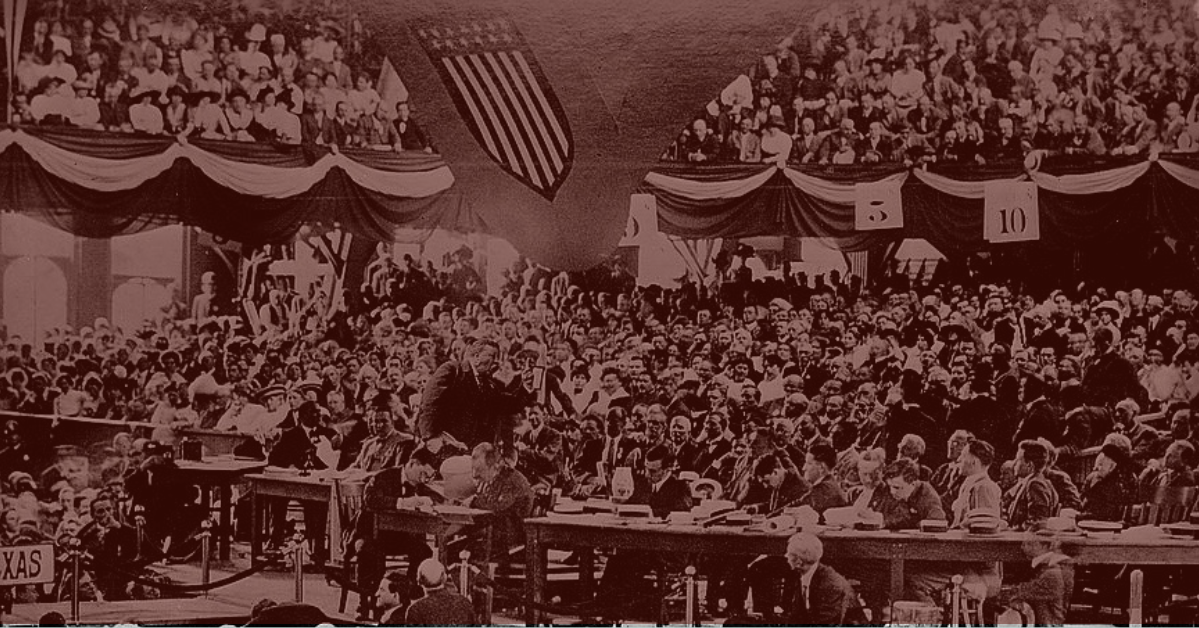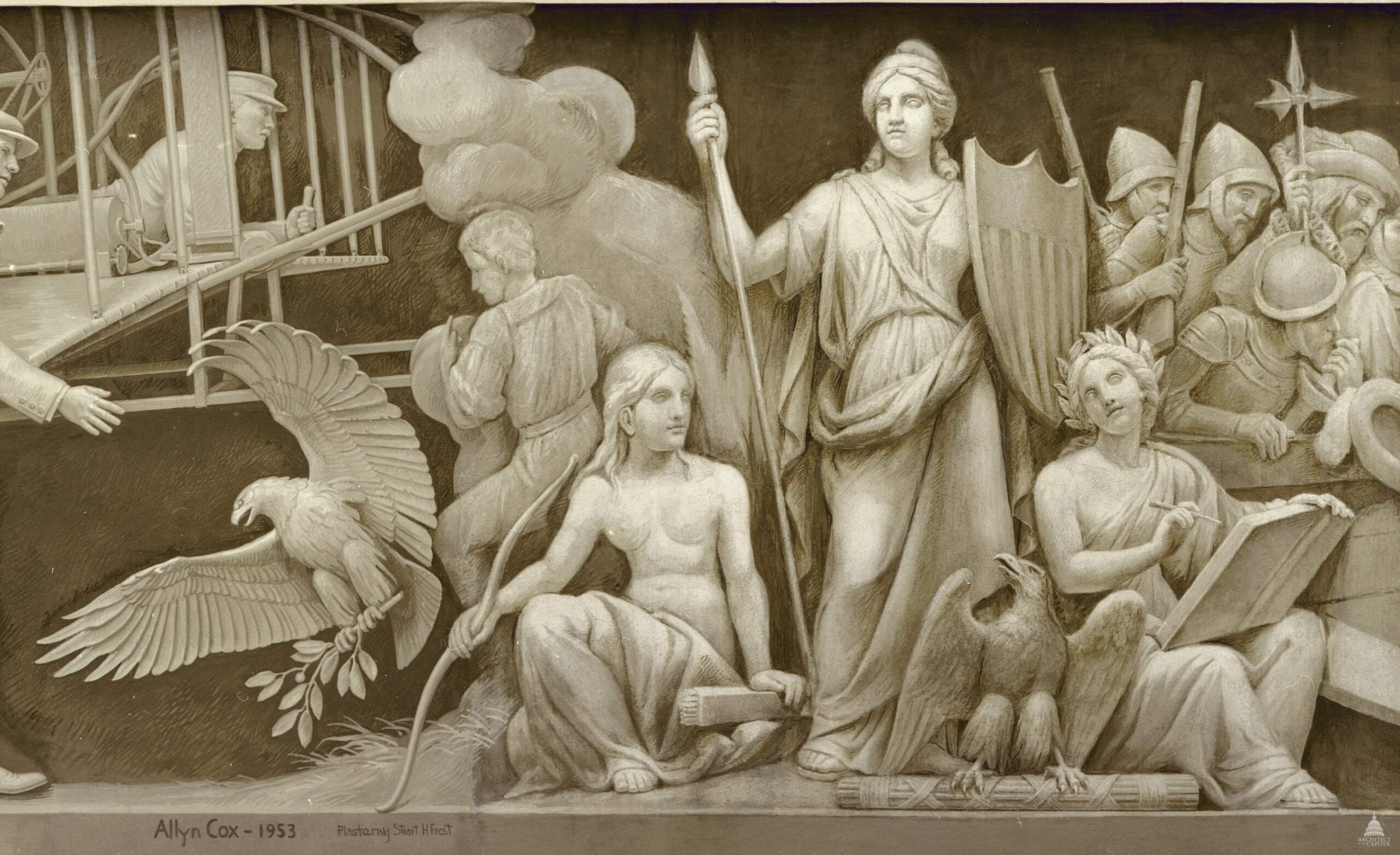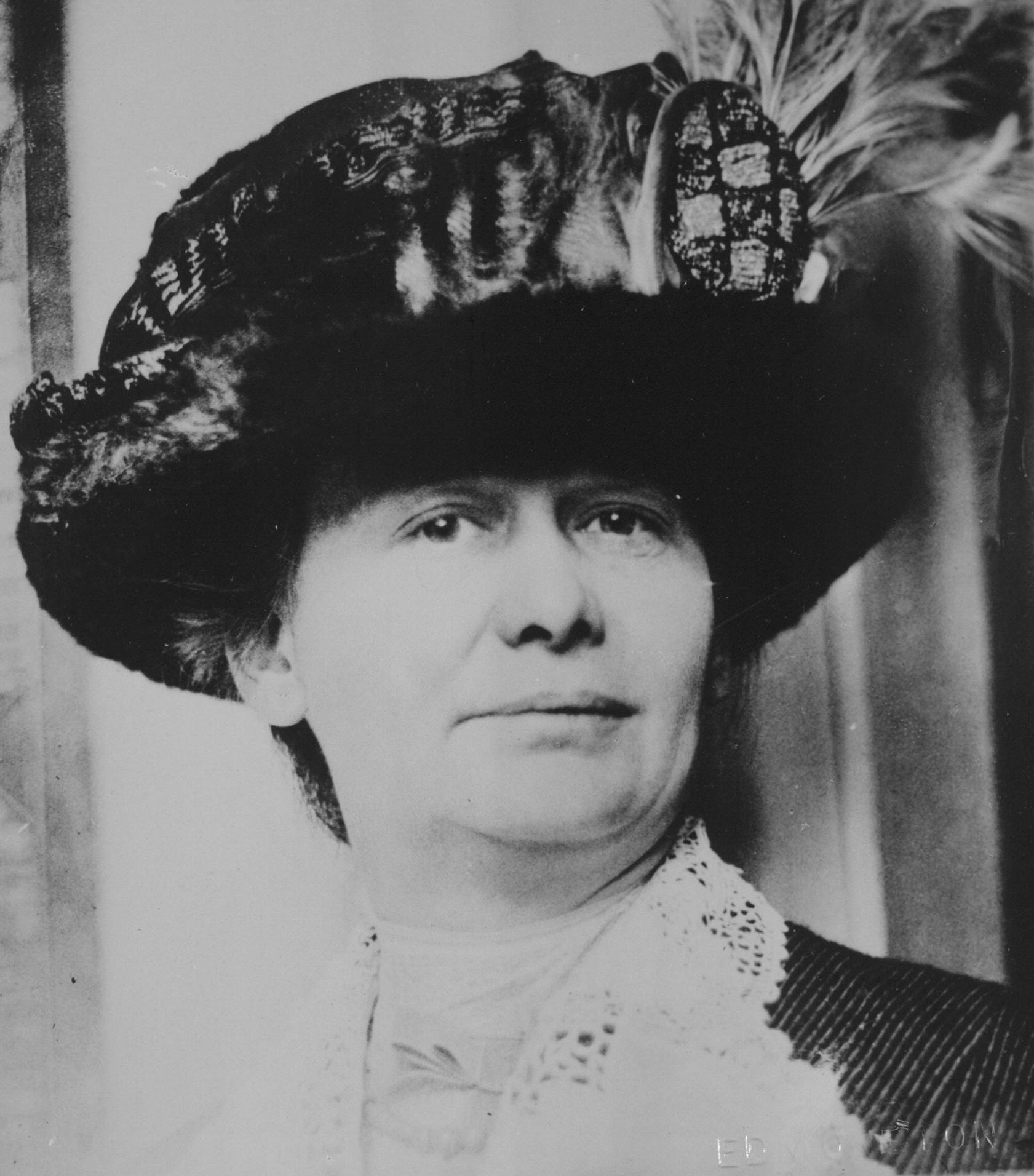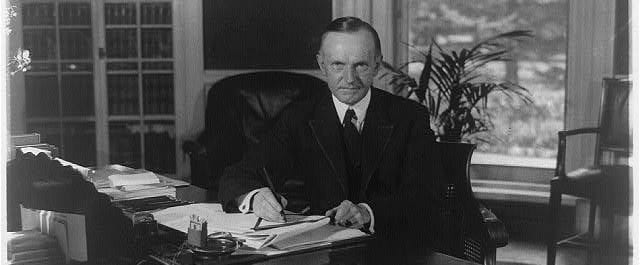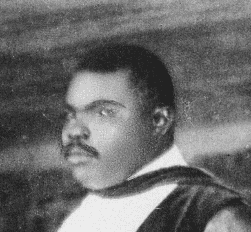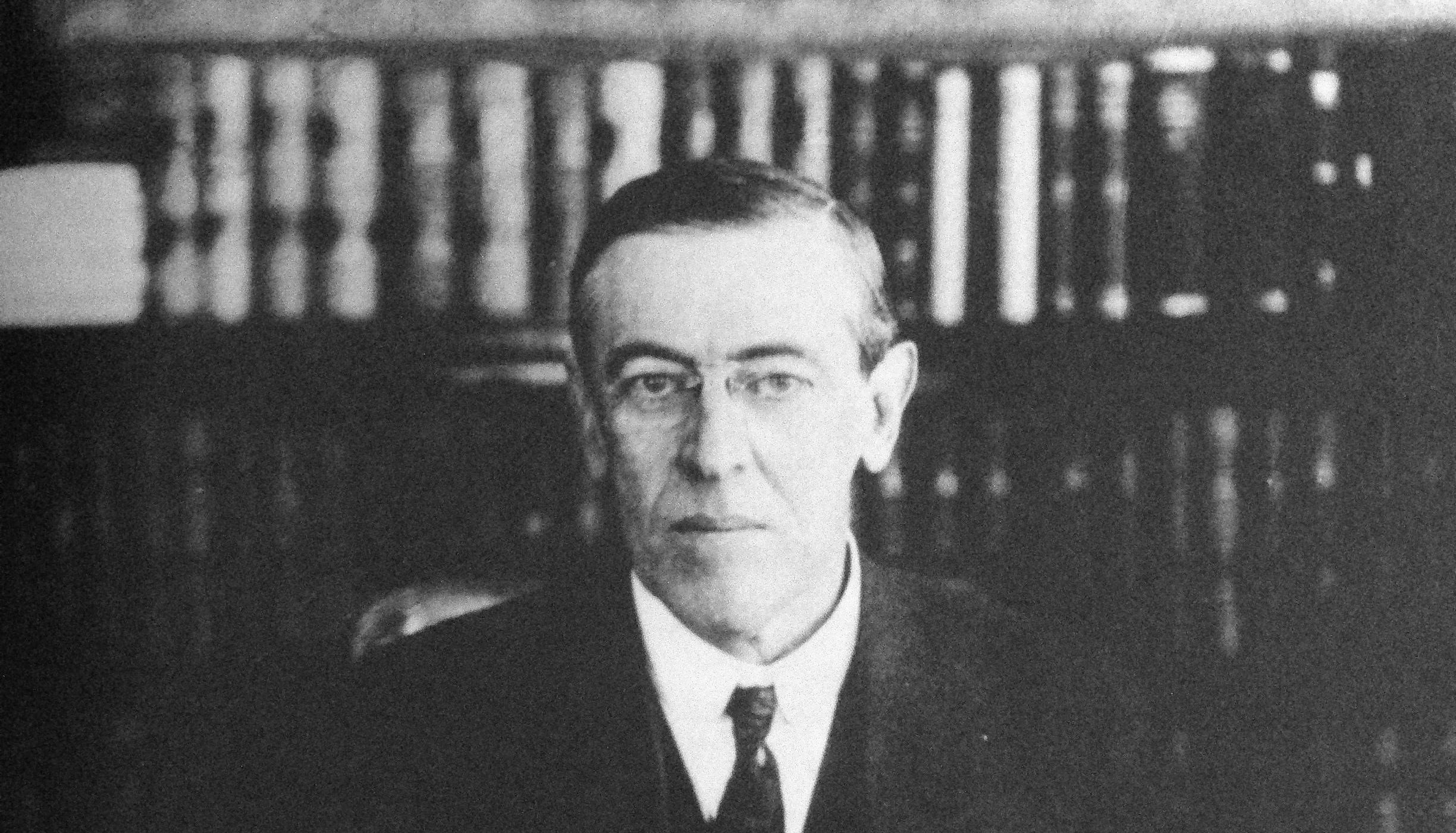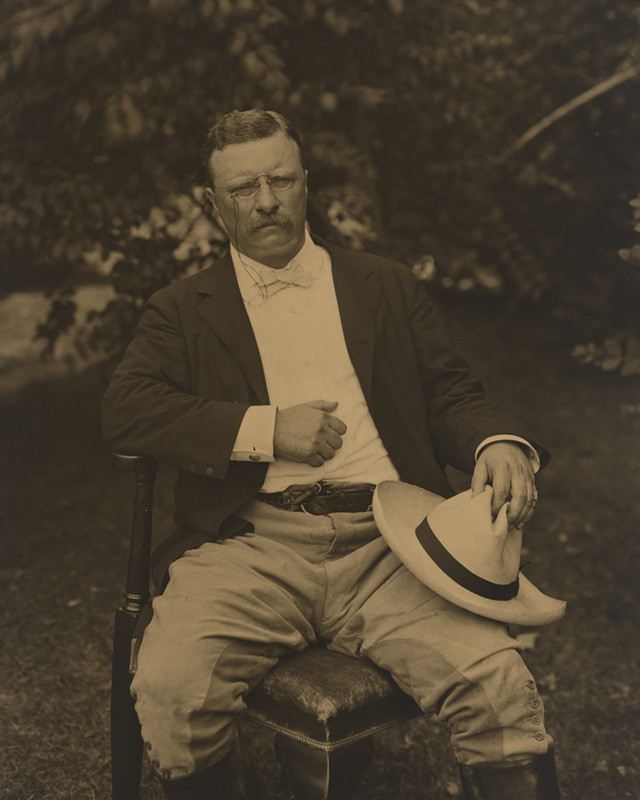
No related resources
Introduction
The presidency of Theodore Roosevelt (1858–1919) marked a dramatic shift in the balance of power between the executive and legislative branches. During his presidency, Roosevelt substantially expanded the use of unilateral executive powers and increased the role of administrative agencies to address the challenges of governing a modern economy. Over the course of his presidency TR laid the foundations of the modern administrative state under which most of the details of policymaking would be undertaken by agencies within the executive branch. Reflecting on the accomplishments of his administration in his autobiography, Roosevelt attempted to articulate the differences that accounted for the success of his administration and the failures of his successor, William Howard Taft. According to Roosevelt, Taft held a narrow and legalistic understanding of constitutional presidency that proved inadequate to the demands of governing in the modern age. Roosevelt, by contrast, believed that the president was “the steward of the people” bound to pursue the public interest in any manner that was not explicitly prohibited in the Constitution. While Roosevelt justified his robust understanding of executive authority by invoking past presidents like Andrew Jackson and Abraham Lincoln, his justification for the exercise of executive power was a bold departure from even these powerful figures. “I did not usurp power,” he wrote, “but I did greatly broaden the use of executive power.”
Theodore Roosevelt, Theodore Roosevelt: An Autobiography (New York: Macmillan, 1913), https://hdl.handle.net/2027/uiug.30112004024292.
. . .The most important factor in getting the right spirit in my administration, next to the insistence upon courage, honesty, and a genuine democracy of desire to serve the plain people, was my insistence upon the theory that the executive power was limited only by specific restrictions and prohibitions appearing in the Constitution or imposed by the Congress under its constitutional powers. My view was that every executive officer, and above all every executive officer in high position, was a steward of the people bound actively and affirmatively to do all he could for the people, and not to content himself with the negative merit of keeping his talents undamaged in a napkin. I declined to adopt the view that what was imperatively necessary for the nation could not be done by the president unless he could find some specific authorization to do it. My belief was that it was not only his right but his duty to do anything that the needs of the nation demanded unless such action was forbidden by the Constitution or by the laws. Under this interpretation of executive power I did and caused to be done many things not previously done by the president and the heads of the departments. I did not usurp power, but I did greatly broaden the use of executive power. In other words, I acted for the public welfare, I acted for the common well-being of all our people, whenever and in whatever manner was necessary, unless prevented by direct constitutional or legislative prohibition. I did not care a rap for the mere form and show of power; I cared immensely for the use that could be made of the substance. . . .
As to all action of this kind1 there have long been two schools of political thought, upheld with equal sincerity. The division has not normally been along political, but temperamental, lines. The course I followed, of regarding the executive as subject only to the people, and, under the Constitution, bound to serve the people affirmatively in cases where the Constitution does not explicitly forbid him to render the service, was substantially the course followed by both Andrew Jackson and Abraham Lincoln. Other honorable and well-meaning presidents, such as James Buchanan, took the opposite and, as it seems to me, narrowly legalistic view that the president is the servant of Congress rather than of the people, and can do nothing, no matter how necessary it be to act, unless the Constitution explicitly commands the action.2 Most able lawyers who are past middle age take this view, and so do large numbers of well-meaning, respectable citizens. My successor in office took this, the Buchanan, view of the president’s powers and duties. . . .
Perhaps the sharp difference between what may be called the Lincoln-Jackson and the Buchanan-Taft schools, in their views of the power and duties of the president, may be best illustrated by comparing the attitude of my successor toward his secretary of the interior, Mr. Ballinger, when the latter was accused of gross misconduct in office, with my attitude towards my chiefs of department and other subordinate officers.3 More than once while I was president my officials were attacked by Congress, generally because these officials did their duty well and fearlessly. In every such case I stood by the official and refused to recognize the right of Congress to interfere with me excepting by impeachment or in other constitutional manner. On the other hand, wherever I found the officer unfit for his position I promptly removed him, even although the most influential men in Congress fought for his retention. The Jackson-Lincoln view is that a president who is fit to do good work should be able to form his own judgment as to his own subordinates, and, above all, of the subordinates standing highest and in closest and most intimate touch with him. My secretaries and their subordinates were responsible to me, and I accepted the responsibility for all their deeds. As long as they were satisfactory to me I stood by them against every critic or assailant, within or without Congress; and as for getting Congress to make up my mind for me about them, the thought would have been inconceivable to me. My successor took the opposite, or Buchanan, view when he permitted and requested Congress to pass judgment on the charges made against Mr. Ballinger as an executive officer. These charges were made to the president; the president had the facts before him and could get at them at any time, and he alone had power to act if the charges were true. However, he permitted and requested Congress to investigate Mr. Ballinger.4 The party minority of the committee that investigated him, and one member of the majority, declared that the charges were well founded and that Mr. Ballinger should be removed. The other members of the majority declared the charges ill founded. The president abode by the view of the majority. Of course believers in the Jackson-Lincoln theory of the presidency would not be content with this town meeting majority and minority method of determining by another branch of the government what it seems the especial duty of the president himself to determine for himself in dealing with his own subordinate in his own department.5
There are many worthy people who reprobate the Buchanan method as a matter of history, but who in actual life reprobate still more strongly the Jackson-Lincoln method when it is put into practice. These persons conscientiously believe that the president should solve every doubt in favor of inaction as against action, that he should construe strictly and narrowly the constitutional grant of powers both to the national government, and to the president within the national government. In addition, however, to the men who conscientiously believe in this course from high, although as I hold misguided, motives, there are many men who affect to believe in it merely because it enables them to attack and to try to hamper, for partisan or personal reasons, an executive whom they dislike. There are other men in whom, especially when they are themselves in office, practical adherence to the Buchanan principle represents not well-thought-out devotion to an unwise course, but simple weakness of character and desire to avoid trouble and responsibility. Unfortunately, in practice it makes little difference which class of ideas actuates the president, who by his action sets a cramping precedent. Whether he is high minded and wrongheaded or merely infirm of purpose, whether he means well feebly or is bound by a mischievous misconception of the powers and duties of the national government and of the president, the effect of his actions is the same. The president’s duty is to act so that he himself and his subordinates shall be able to do efficient work for the people, and this efficient work he and they cannot do if Congress is permitted to undertake the task of making up his mind for him as to how he shall perform what is clearly his sole duty.
- 1. Roosevelt was referring to some of the unilateral executive actions that he took as president. For example, when Congress sold coal lands at below market rates to mining corporations, Roosevelt withdrew those lands by executive order. “There was a great clamor that I was usurping legislative power,” he wrote Nevertheless, Roosevelt’s actions were sustained by the Supreme Court.
- 2. Roosevelt was most likely referring to Buchanan’s indecisiveness in responding to the Southern attack on Fort Sumter. However, Buchanan’s irresolution was not from constitutional scruple but rather political ambivalence.
- 3. Richard Ballinger was accused by Chief Forester Gifford Pinchot of administrative impropriety in reopening closed Alaskan coal lands to special interests. When the controversy became public, Taft sided with Ballinger and fired Pinchot, who had been one of the architects of Roosevelt’s conservation policies. The affair became a major source of division in the Republican Party. Taft’s dismissal of Pinchot infuriated Roosevelt, who viewed it as a personal betrayal by Taft. Subsequent research demonstrated that there was no impropriety in Ballinger’s conduct and that the “affair” was really caused by a battle over internal policy divisions concerning conservationism in the administration.
- 4. The charges against Secretary of the Interior Ballinger were investigated by a House committee between January and May 1910. In the end, Ballinger was exonerated of any charges of corruption or malfeasance.
- 5. Roosevelt was obviously accusing Taft of deferring to Congress rather than wielding his executive power of removal over the secretary of the interior. However, the exoneration of Ballinger by the Committee of Investigation in the House was precisely the conclusion that Taft had already arrived at before the hearing began. Roosevelt here conflated his personal view of what Taft should have done as a matter of policy with what the executive has the power to do under the Constitution. In other words, Taft should have fired Ballinger, and his refusal to do so indicated that he had a narrow understanding of the Constitution. In fact, Taft wanted to retain Ballinger, and the exoneration by the House merely confirmed his judgment.

Conversation-based seminars for collegial PD, one-day and multi-day seminars, graduate credit seminars (MA degree), online and in-person.



